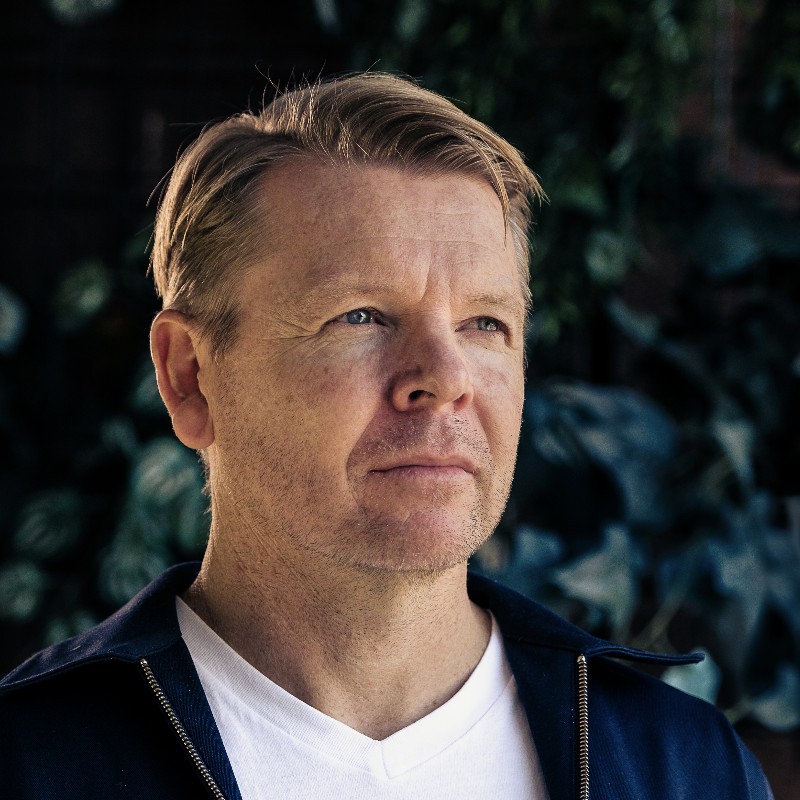What is a career of distinction? Is it a Stephen Hawking, an Anita Roddick, a Richard Branson, a Steve Jobs, a Mahatma Gandhi, a Christine Lagarde, a Nelson Mandela?
Sure these people all achieved remarkably in their lives and had or still have careers of distinction, but we can’t all stand out like this on a national, let alone global scale.
So how do the rest of us achieve careers of distinction?
The answer lies in:
- Distinguishing yourself in some way from your colleagues in the workplace.
- Offering something of value beyond what the rest do.
- Deliberately choosing to be different through developing an expertise in something. – Building a career as a thought leader in your sector or industry.
We all know someone like this – the person who is the expert in excel or powerpoint in the office, the expert writer, the person with the incredible network, the guy who always manages to close the sale, or the person who has deep expertise in an area of your industry. Very often you’ll find that this hasn’t happened by chance, typically they either had a passion for that area or they’ve made it their life’s work to craft an expertise and depth of knowledge in that particular area.
Is it time for you to make a strategic decision about your career and where you can develop your own expertise? Or are you happy where you are? If not ask yourself where and how you can be different and how are you going to build a career of distinction.
Tip 1 – find the area of your market’s greatest need
The trick lies in your market and where their greatest needs lie.
In a previous blog post I spoke about specifically about becoming a thought leader and the six practical tips you could take to achieve this. However, not everyone wants to become a thought leader nor do they necessarily have the wherewithal to do so. But achieving a career of distinction, I believe everyone has the ability to do this for it can be done in small incremental steps and in multiple ways throughout one’s career.
But I come back to focusing on your market. It depends who it is, your market may be one person – the boss, or it may be the sales team, or it may be a suite of clients.
No matter who or how small or large your market is, the point is to understand their biggest pain points and either find ways to alleviate these or provide information, methodologies, products, etc that help them solve these issues.
And I’m not just talking about once — I’m talking about over and over again. Put yourself in their shoes. If you’re doing this over and over you soon become very valuable, and what’s more, a talent hunter magnet.
Tip 2 – make your decision around your passion
I’ve purposely used the word ‘designing’ a career of distinction because designing implies some thinking, a fair amount of planning, and a bit of art combined with strategy.
If you’re going to take the time to do this then focus on the areas that turn you on about your work. Don’t have any? Then maybe it’s time for a career change.
Seriously — passion is infectious and passion breeds interest, self-motivation, and it carries people along with it. Moreover how great to be developing an expertise in something that you love.
I work in the field of public relations, have done for 27 years. Do I love everything about PR? Absolutely not. But there are heaps of areas within the field of PR that fascinate me and I happened to choose one about which I’m passionate to focus on – thought leadership.
Tip 3 – deep dive
So you’ve chosen your area, now comes the time to deep dive on that topic/area.
What does this look like? Here’s a five point plan to get you started:
- Read as much as you can on the topic area – online and buy books. But don’t only read them to learn. Read them to find where the gaps are that no-one is filling. Eight years ago when I first started on my thought leadership exploratory journey, I read every book I could find on the topic. I discovered that while everyone could tell me about the topic and how to take your content to market, no-one had a methodology or strategic approach on how to arrive at a thought leadership position in the first place. That was my place to start and I developed a methodology which I continue to hone to this day.
- Speak to other experts. You will learn an enormous amount from speaking to others who have built a career of distinction in the field you choose. Listen and learn from them.
- Do your own research on where the issues/problems are with your audience. Understand them and work out how your passion can address these.
- Ask to go on courses that will help you develop your expertise. Raise it in your performance reviews. Make it clear why and what it will deliver to the company.
- Finally don’t stop. One thing I have learned on my exploration of the topic of thought leadership is the more you know the more you realise there is to know. Stopping means you have reached a dead end. In passion there are no dead ends, only new avenues. Never stop learning and the rewards will come.
Finally I’d love to hear about your career of distinction and the journey you take; seriously.
About Craig Badings
Craig Badings is a partner in the Sydney office of PR firm, SenateSHJ. He is a multi-published author on the topic of thought leadership. Some of his books include: Brand Stand; seven steps to thought leadership and the award winning #THOUGHT LEADERSHIP Tweet: 140 Prompts for Designing and Executing an Effective Thought Leadership Campaign which he co-authored with Dr Liz Alexander. Join him on twitter @thoughtstrategy and on LinkedIn and follow his blog post on thought leadership here: http://leadingthought.us.com/blog/
Latest.

Hiring in Australia: 5 trends redefining our job market
Hiring Insights, Industry Trends, Ask Aquent, Leadership

How to avoid creative burnout and refill your creative tank (before you really need to)
Thought Leadership

AI adoption failing isn’t the tech, it’s the people. How smart businesses overcome this.
Technology, Thought Leadership, Industry Trends




